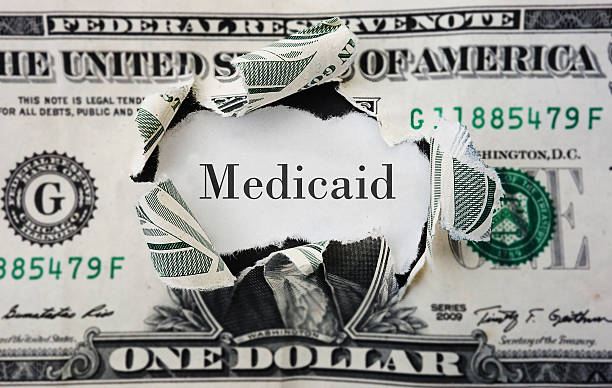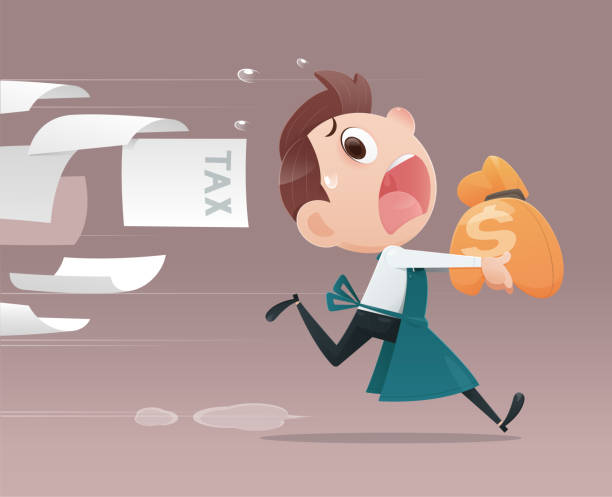The proposal for a “covered lives tax” is back in a House committee, unexpectedly. A what? “Covered lives” are individuals enrolled in a health insurance plan and receiving benefits from a health insurance provider. With a “covered lives” tax, insurers are taxed for each member covered by the insurer.
The 2021 Legislature was the first time I fell in hate with the idea. Taxes on insurance drive up costs. Premiums will be adversely impacted if this proposal becomes law. Washingtonians will also have yet another tax weighing on them when the state has a budget surplus it isn’t sharing.
Still, it’s a tax some state lawmakers are warm to, despite saying they are seeking ways to contain health care costs. That’s because it’s a hidden tax. And if collected, it will help get state budget writers out of a jam of their own making.
Because the state has so often put wants before needs with taxpayer money, the state isn’t paying its way when it comes to Medicaid clients. Not helping the situation, lawmakers have added nontraditional Medicaid clients, going beyond Medicaid’s purpose as a safety net for vulnerable individuals and families. It also keeps people as clients when they are no longer eligible or have other insurance.
Expanding Medicaid and offering more taxpayer-subsidized health care in the state has become somewhat normal, fulfilling a state goal to get more people dependent on taxpayer-provided health care. On Inside Olympia in April, the state’s Medicaid director explained there are about 2.2 million people, or one in four, Washingtonians on Medicaid. That's disturbing. We need more people, not fewer, prioritizing and paying for health care when possible.
Low Medicaid reimbursements and more Medicaid enrollees mean providers are not being fully reimbursed for the cost of their services. That has health care facilities, doctors and patients with private or employer-provided insurance picking up those left-behind costs.
In a 2023 public hearing, Sen. Ron Muzzall, R-Oak Harbor, said that one hospital he knew of was charging “somewhere between 170 and 180 percent of the actual cost to private insurance to make up for the shortfall from the government programs.”
Rep. Spencer Hutchins, R-Gig Harbor, said in a Feb. 15 press release that Washington state has one of the worst Medicaid reimbursement rates in the nation. "The negative ripple effect has undermined our already struggling health care system and leaves hundreds of thousands of Medicaid patients waiting months to get an appointment — if they can get one at all," he said.
The covered-lives tax sought in House Bill 2476 isn’t needed to fix the embarrassing and harmful problem of a long-overdue increase in Medicaid reimbursement rates. The state has plenty of revenue that can be used. Some lawmakers also have proposed another solution that would not include the imposition of a new tax. It has gone ignored so far this session.
————
Note: Horrible typo corrected Feb. 16. The state often puts "wants before needs," not needs before wants.






